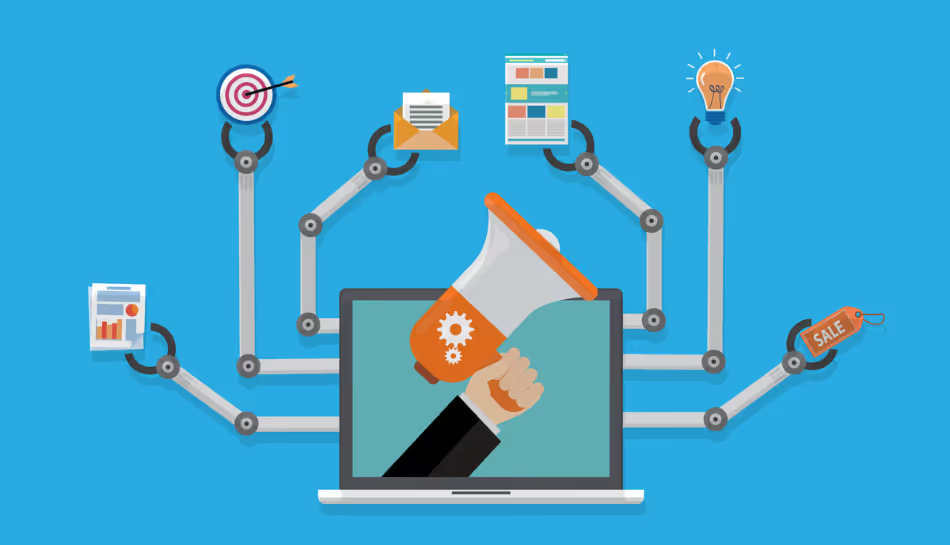
Starting a business comes with many exciting opportunities, but it also brings financial responsibilities. One of the biggest challenges new entrepreneurs face is keeping track of expenses, revenue, taxes, and compliance without getting overwhelmed. This is where financial accounting software for startups becomes a lifesaver. The right tool can simplify bookkeeping, automate tasks, and provide insights that help your business grow.
Selecting the best accounting software for small businesses can be difficult with so many options on the market. Let’s break it down into key factors you should consider before making a decision.
1. Identify Your Business Needs Not all startups are the same. A tech startup with international clients will need different features compared to a local retail shop. Before selecting software, ask yourself:
- Do you need invoicing and billing features?
- Do you want GST or tax compliance built in?
- Do you require payroll management?
- Will you need multi-currency support?
By clarifying your needs early, you can avoid paying for features you don’t require.
2. Look for Ease of Use As a startup founder, you might not have a dedicated finance team in the beginning. That’s why financial accounting software for small business should be easy to use, even if you don’t have an accounting background. A simple dashboard, intuitive navigation, and automation features can make managing finances much easier.
3. Ensure Compliance with Tax Regulations For startups, maintaining tax compliance is essential. Many of the best accounting software for your business offer automatic GST calculations, tax reports, and filing assistance. This ensures you don’t miss deadlines or make costly errors. If your startup is based in India, for example, GST compliance should be a non-negotiable feature.
4. Check Integration Options Your accounting software should work well with the other tools your business uses. This might include inventory management systems, CRM platforms, or payroll solutions. Seamless integration helps you avoid duplicate data entry and ensures accurate financial reporting.
5. Scalability for Growth Startups often begin small but scale quickly. Choosing software that grows with your business is essential. Choose startup financial accounting software that can accommodate growing transactions, accommodate more users, and add features as your business develops. This way, you won’t need to switch systems when your business reaches the next stage.
6. Cost and Value Budget is always a concern for startups. While free or basic tools might be tempting, they often lack critical features. Instead, look for software that provides the best value for money. Many providers offer flexible pricing plans that can fit a startup’s budget while still delivering essential features.
7. Cloud-Based vs. On-Premise Most modern startups prefer cloud-based software since it allows access from anywhere, automatic backups, and real-time collaboration. If your team works remotely, cloud-based financial accounting software for small business is a better fit. For companies that need more stringent control over their data, on-premise solutions can be appropriate.
8. Customer Support and Training There is a learning curve in even the most user-friendly software. Ensure the provider offers strong customer support, tutorials, and resources to help you get started quickly. Your software experience can be significantly impacted by quality support.
Final Thoughts Choosing the right accounting software is not just about managing numbers, it’s about empowering your startup to grow with confidence. The best accounting software for your business will simplify finances, ensure compliance, and give you valuable insights to make smarter decisions.
Whether you are just starting or preparing to scale, investing in the right financial accounting software for startups will save you time, reduce errors, and give you peace of mind. Carefully evaluate your needs, budget, and growth potential before making the decision. A thoughtful choice today will ensure your financial systems stay strong tomorrow.

